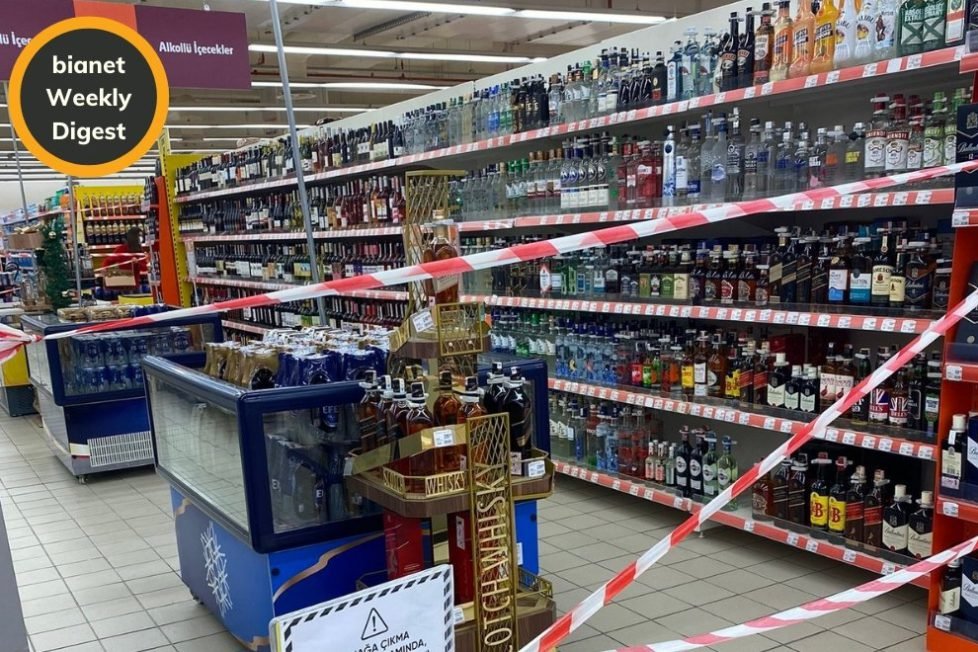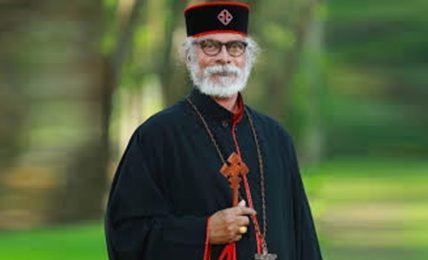Turkey becomes Shariya compliant; bans alcohol to defeat #ChineseVirus. Congratulations, Erdogan!
As Turkey begins a strict three-week lockdown, many people are particularly angry about a nationwide ban on alcohol sales. Dissidents say the measure has nothing to do with the pandemic and fear a long-term prohibition. What is wrong with drinking at home?






